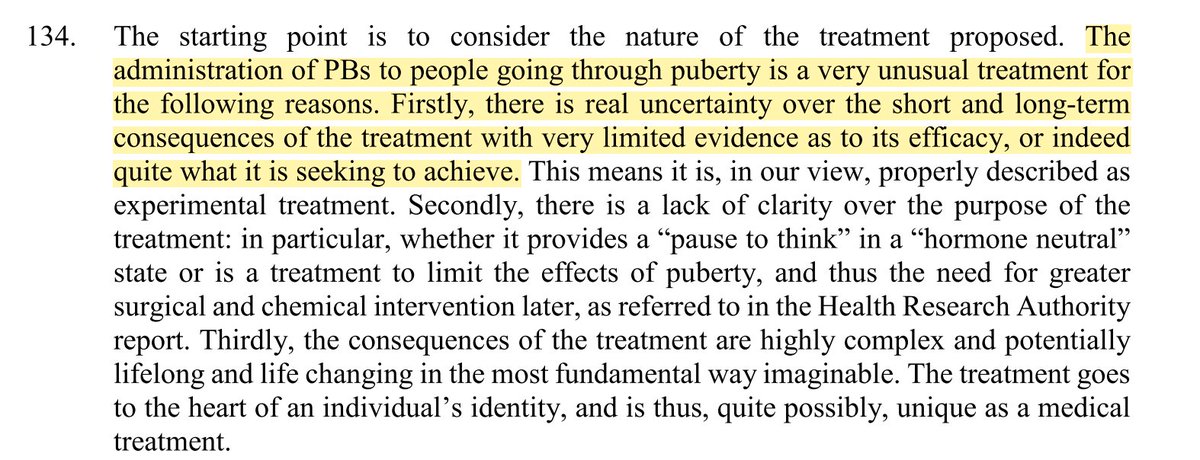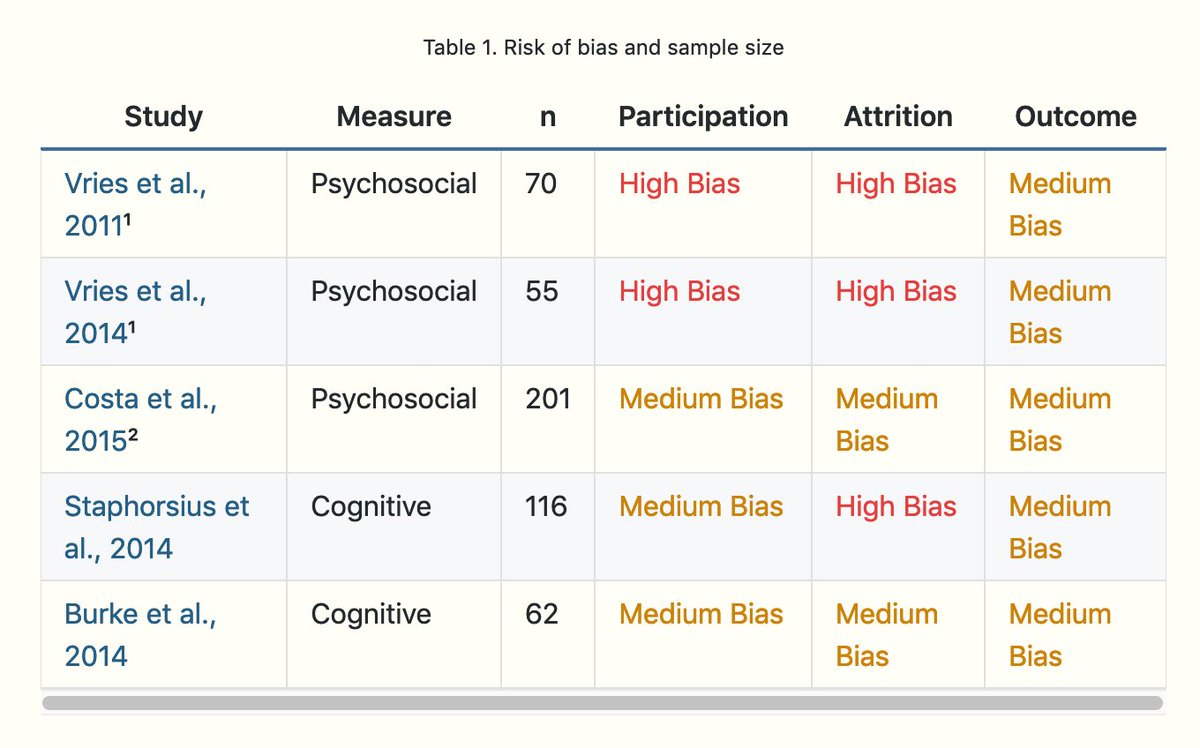An unsurprising finding if you're familiar with the literature.
2/11



Thread on Vries et al. (2014).
— Fully Informed (@fullyinformednz) October 2, 2020
This is the main study on #pubertyblockers cited in the Waikato Guidelines as "good evidence"
1/8https://t.co/v5P9pzxBCo

BREAKING: The @SEC_News intends to sue @ripple over its sale of XRP, alleging the cryptocurrency is an unregistered security according to @bgarlinghouse.@nikhileshde reportshttps://t.co/7Z3KSWk7dn
— CoinDesk (@CoinDesk) December 22, 2020
Ironies of Luck https://t.co/5BPWGbAxFi
— Morgan Housel (@morganhousel) March 14, 2018
"Luck is the flip side of risk. They are mirrored cousins, driven by the same thing: You are one person in a 7 billion player game, and the accidental impact of other people\u2019s actions can be more consequential than your own."